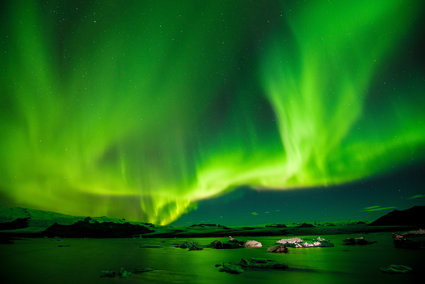
Type: Poster
Individual or group work: Individual
Levels of assessments: Four, five and six
Number of Lessons: Four
Number of homeworks: Two
As the Fantastic Places assessment is likely to be the students' first Key Stage Three assessment it is designed to be compiled gradually. The poster format will enable students to piece together their final sections of writing; emphasis here is on accuracy and neatness of presentation. Students' choice of places is left open; they can use places studies in class or places that they know about from their own visits, television or films.
The assessment is designed for students to complete individually. It is assumed that students have prior experience of how to produce sketches. Their written information can be supported with appropriate writing frames.
The assessment requires students to produce an A2 poster suitable for display in a library about three ‘fantastic places' for an audience of 14 year olds. The assessment is written at three different levels - four, five and six. For levels four and five students follow a plan (resource sheet C) and for level six students produce their own plan; it is advisable to check level six student plans before they start their work. A guide to planning would be:
-
Lesson one: Set up assessment
-
Lesson two: Students research one ‘fantastic place'
-
Homework: Students research a second ‘fantastic place'
-
Lesson three: Students research a third ‘fantastic place'
-
Lesson four: Students produce ‘Code of Respect' and conclusions (latter for levels five and six only.
-
Homework: Compilation of poster*
Presentation of work is of paramount importance. Word processing and digital images would help here but of more importance is care with presentation of writing and cutting out of paper and choice of colour for the backing card; taking such care improves the overall presentation. When there is so much good Geography being produced it is a shame if it does not look good! One solution to this is to only allow students to choose their backing card once their work has been produced to their best standard.
A2 paper is twice the size of A3 paper. Therefore, as a guide students work needs to be over four pieces of A4 paper in total - a page for each Fantastic Place, half of the A4 page for the Code of Respect and half for a conclusion. Each will need to be trimmed down so that posters do not have empty half pages.
Once produced, these pieces of work will make very effective displays over a large area.
Resources available for this assessment are:
-
Fantastic Places Teacher Guidance
-
Fantastic Places Levelling Grid
For level four
-
Resource Sheet A4 - Assessment Activity
-
Resource Sheet B4 - Using Sources
-
Resource Sheet C4 - Planning for Poster
For level five
-
Resource Sheet A5 - Assessment Activity
-
Resource Sheet B5 - Using Sources
-
Resource Sheet C5 - Planning for Poster
For level six
-
Resource Sheet A6 - Assessment Activity
-
Resource Sheet B6 - Using Sources
-
Resource Sheet C6 - Planning for Poster
* The final poster compilation could be done in another lesson. This would save posters becoming damaged in transportation.
File nameFiles
File type
Size
Download